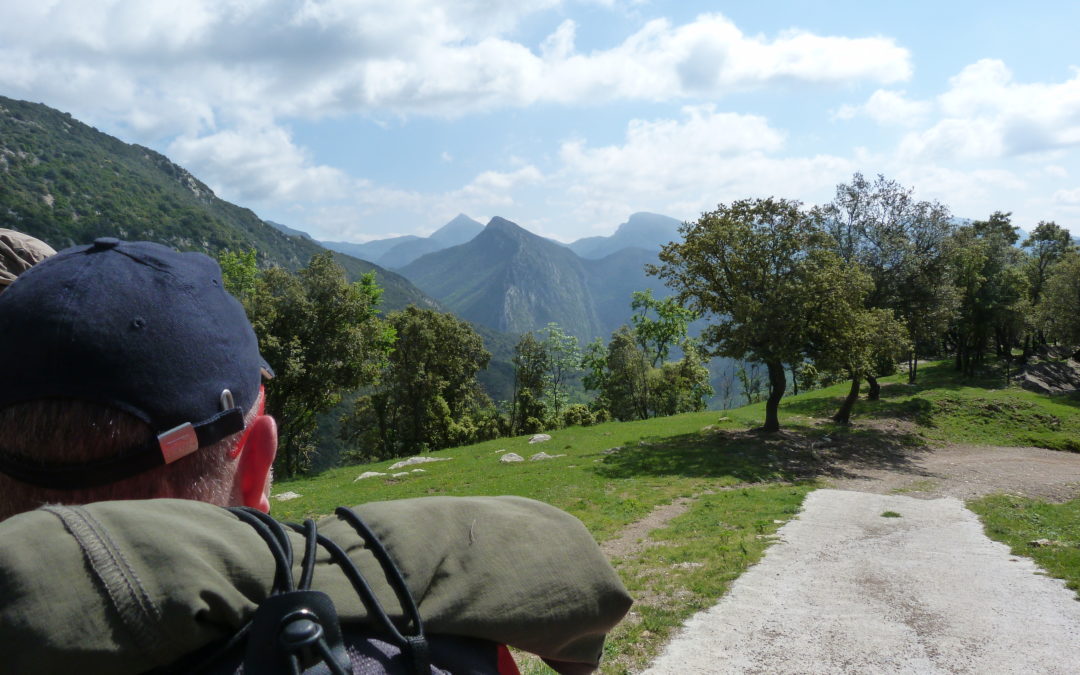Sport tourism is a very important sector in the world of tourism and is becoming to one of the business of great projection. Sport moves people, either to compete, to participate in leisure events or simply, to try something new.
The significance of sports tourism goes far beyond hosting major events. This type of tourism offers a broader potential; Increase the identity of destinations by improving their visibility, generating new tourist businesses and gaining recognition for their cities and people.
We are facing a tourist modality that does not know about sexes or religions. It does not know about social levels or seasons of the year. Sports tourism is for everyone; Rich and famous, young and old, federated and amateurs.
Sport is recognized as the greatest social phenomenon in the world. And if we combine it with the industry that moves the largest volume in Europe, tourism, then we have the fastest growing global sector, generating more than 450,000 million euros annually and will continue to grow in the coming years far above the other sectors. If the world tourism market has a growth forecast of between 2 and 3%, sports tourism will make it more than 10%.
Sport, nature and health are in vogue. And this fact has been used by major brands and event-organizing companies that, supported by the great multimedia coverage, have promoted an interest in well-being, the culture of the body and the enjoyment of nature. To this fact we can add the business vision of the major brands that support this phenomenon where there has been a very important growth target.
Sports tourism must be able to please the two purposes of its existence. First and foremost, you must be able to reach the demands of the athletes. Whether the need is competitive or not, formal, informal, autonomous or for nostalgic reasons. It is necessary to provide the environment with the organization and suitable services to meet the needs of the participants; Lodging adapted to sport’s needs. Medical care if needed. Access to technical material. Points of constant information. Athlete’s attention center. Point of attention and information for the companions. Etc.… And secondly, it must offer the requirements of any tourist activity for the participants and for the companions.
This is where tourist event companies must study their future Marketing actions to focus on the motivations of attendees and spectators. Create actions that allow for a longer and richer stay. Generate emotions and memories that are up to the expectations created and that all of them generate a positive economic activity for the organizers, the brands, and for the territory.
What is the social and economic impact of Sports tourism?
• Economic development: Revenue related to tourism is usually the largest of the economic impact of an event. This includes accommodation, food and drinks, and other expenses. Direct income from events includes entry, fees, sponsorship, on-site sales and, for larger events, television rights.
A high percentage of these revenues remain in the same community. On the other hand, the organizers must reinvest part of the budget to improve and stimulate families and participants to return in the future, either to the others sports event editions or visit the area and other events. Thanks to these activities, regional identity is enhanced through the promotion of the same users.
• Development of the sports system: it increases the infrastructure of sports facilities, officials and trainers, as well as the ability of athletes to reach their potential. We are facing a full-fledged sports event, normally federated and regulated, which involves a specific pre-preparation.
• Social and community legacies: These events support the development of youth, increasing fitness and health levels. Approaching communities and cultures. Sport works as a link between countries and cultures.
In recent years, sports tourism has taken an important step towards the need to improve the physical condition of people, to live and enjoy much more of the natural spaces.
It is in the hands of the companies in the sector to be able to offer events that are attractive enough for both participants and companions, to make this sector bigger, without neglecting the needs and limitations of tourism of each place.


